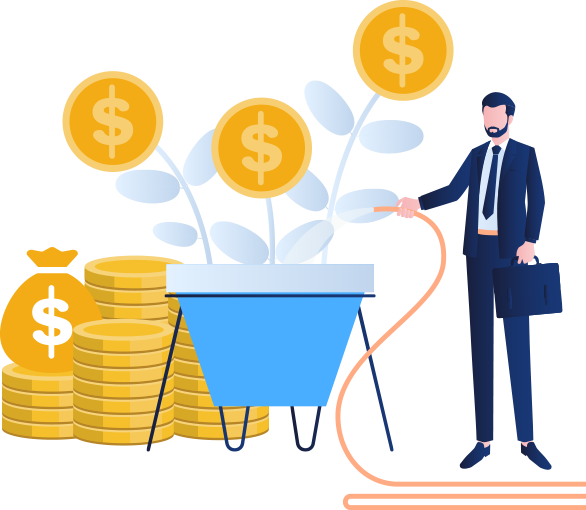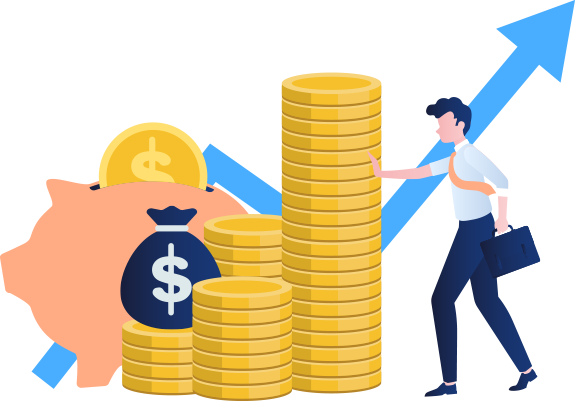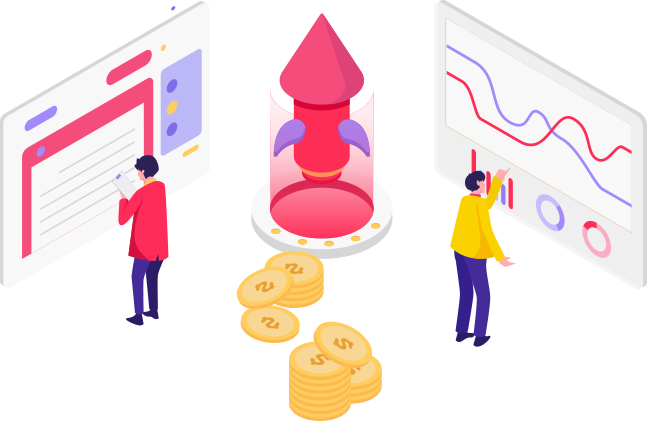Gold and Crude Oil Commodities Investment
Commodities trading allows you to diversify your portfolio with new markets. Investors can invest in more than 60 commodities virtually 24 hours a day, 6 days a week. We offer trading tools and market research for newbies as well as a seasoned pros, so our customers can make commodities investments, such as gold and crude oil, with confidence at PSS.

Benefits of trading commodities
- Diversify your portfolio
- Trade commodities, like energies and metals
- Access global markets 24 hours a day during the trading week, even when the stock market is closed
- Get greater leverage and more efficient use of your trading capital
- Take advantage of trading opportunities regardless of market direction
Commodities’ prices are driven and directed by persistently changing environmental and political environments and, to some extent, also by speculators. Commodities continue to soar as the needs of man continue to grow as well. There is a direct relationship between the necessities for man’s survival and the growing population. It comes as no surprise when the number of traders making use of commodities to expand their portfolios has started to grow accordingly. This means that commodities trading is an expanding asset class on its own.

Reasons to trade commodities with PSS
- Tight spreads
We offer competitive spreads, enabling us to maximize potential profits for our customers.
- Price improvement
At PSS, 78.7% of all orders in commodities trading have settled at a better price for customers.
- Adjustable leverage
Our customers can change leverage even for opened positions for flexible margin requirement.
- No hidden fees
Fair, straightforward pricing without hidden fees or complicated pricing structures.
TYPES OF COMMODITIES TO TRADE
- crude oil
- natural gas
- heating oil
- gasoline
- gold
- silver
- copper
- platinum
- corn
- soybeans
- wheat
- live cattle
- feeder cattle
- lean hogs
- coffee
- sugar
- cocoa
- cotton
- orange juice
fAQ ON COMMODITY TRADING
What is the definition of commodity trading?
Commodity trading is another class of assets just like stocks and bonds. However, they are different in the sense that they are natural products and raw materials such as corn, wheat, gold, oil, gas, and uranium. Furthermore, the same type of commodities can be interchanged if the quality is the same. For example, a company that manufactures chocolates can buy cocoa produced in Ghana, as well as in Cameroon, and still can produce the same quality chocolates.
How does the commodities market move?
Precious metals tend to perform well when expectations for future inflation are increasing, the major currencies are falling, geopolitical unrest is rising, or there are widespread concerns about the stability of the financial system. On the other hand, precious metals tend to perform poorly when expectations for future inflation are decreasing, the major currencies are rising, geopolitical unrest is falling, or concerns about financial system stability are declining.
What differentiates products vs. commodities?
Both are traded in the commodity markets, but they differ in a few ways, as discussed below.
Commodities are interchangeable, and every kind is the same regardless of their source. It means that crude oil from one producer is the same crude oil from another producer and the goods can be combined without affecting the quality of the commodity.
Commodity prices are the same for all producers, who are also called price takers. They do not control or influence the prices as they depend on supply and demand. It means that prices can just drop or rise anytime.
Differentiated products, on the other hand, are unique products or those that are not like the generic version of the products. For example, regular gasoline is priced in the same way across all oil companies. However, if they produce high-octane gasoline and call it a different name, the product becomes better than what the competitors are selling.
Commodities trading is not suitable for all investors as the special risks inherent to commodities trading may expose investors to potentially rapid and substantial losses. Commodities trading subject to PSS review and approval.
Diversification does not eliminate the risk of experiencing investment losses.
Market volatility and system availability may delay account access and trade executions.
Commodities trading is speculative and is not suitable for all investors.
Margin trading increases risk of loss and includes the possibility of a forced sale if account equity drops below required levels. Margin is not available in all account types. Margin trading privileges subject to PSS review and approval.
Leverage carries a high level of risk and is not suitable for all investors. Greater leverage creates greater losses in the event of adverse market movements.
Access to real-time market data is conditioned on acceptance of the exchange agreements. Professional access differs and subscription fees may apply.
This is not an offer or solicitation in any jurisdiction where we are not authorized to do business or where such offer or solicitation would be contrary to the local laws and regulations of that jurisdiction, including, but not limited to persons residing in Australia, Canada, Hong Kong, Japan, Saudi Arabia, Singapore, UK, and the countries of the European Union.
PSS does not offer its services to persons residing in the United States of America.
Request a call from our
dedicated team today.
Let’s build a relationship
get in touch
- Call, email 24/7 or visit a branch
- + 47 80 06 21 53
- helpdesk@pssinvest.com
Be sure to make appointment before you visit our branch for online trading service as not all branches have a financial service specialist.

